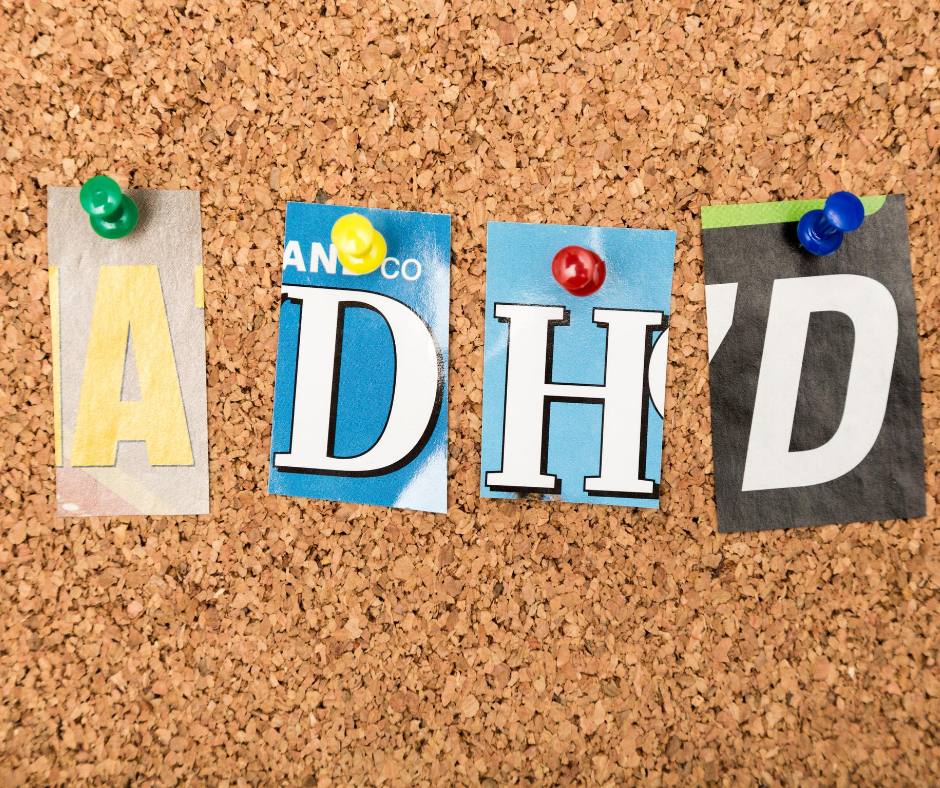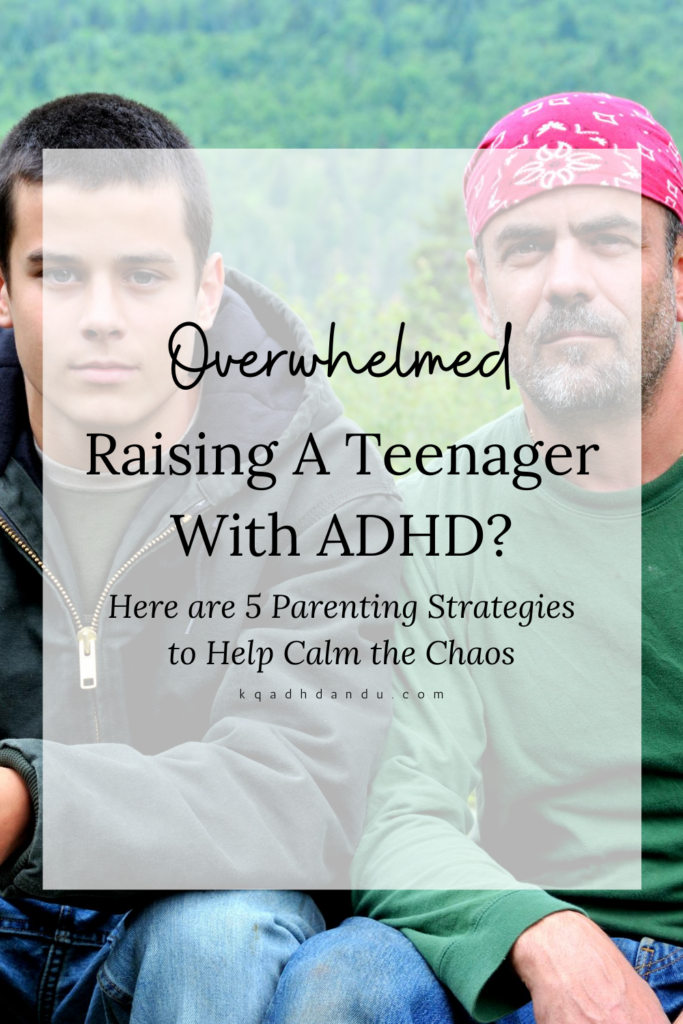Parenting teenagers is no easy task. My mother was a single parent during my teen years and I still regret how terribly I behaved at times. Thankfully, she doesn’t hold a grudge.
As a child psychologist of twenty plus years and parent of a now young adult with ADHD, I know a lot about parenting, ADHD, and teenagers. And yet, it’s still isn’t easy for me to apply what I’ve learned when the @#$# hits the fan with my own teens. Ultimately, our job as parents is to help our teens learn the skills to survive and thrive in the world.
As parents, we won’t always be there to catch our teens when they fall (and that’s okay). Part of growing up is learning to stand on our own two feet. Generally speaking, the more we land on our feet, the more confident we get. Since teens with ADHD have uneven learning and are often several years behind their neurotypical peers in various aspects of development (e.g., in daily living skills, planning and organization, time management, coping), it’s important for us as parents to approach them differently than we would with neurotypical teens. For example, teenagers with ADHD often need more repetition to learn, more patience and support, and more creativity on our part to find what helps them grow and thrive. The good news is that many of the same parenting strategies work with all teens.
Here are 5 Parenting Strategies that I use to Calm the Chaos with Teens:
#1 Practice “compassionate listening”

I think most of us would agree that lecturing teens is easier than listening to their side of the story. But here’s the deal. Lecturing a teen with ADHD rarely works. Since ADHD teens often have diminished attention spans and are quick to frustrate, all they can think about is escaping the situation (aka us).
So here’s what I suggest instead. Practice compassionate listening. Thich Nhat Hanh’s book, Peace is Every Step, struck me as an excellent resource for parents raising teens with ADHD. Try listening to his powerful conversation with Oprah about how he practices compassionate listening. You’ll have a greater ability to LISTEN and understand your teen’s struggles in an accepting and nonjudgmental way. This will bring you and your teen closer, and help build greater trust and willingness on their part to listen to your ideas and suggestions. It will also help you understand what kind of support your teen needs.
#2 Focus on what your teenager IS doing right; then praise and offer small rewards.
Here’s what I know about ADHD: Praise helps, and punishment sours relationships, lowers self-esteem, and is ineffective given the neurological basis of ADHD. One of the major ways I learned this is by evaluating hundreds of kids with ADHD over the last twenty years. When I praise children or adolescents for trying their best, they generally stay engaged in the tasks I need them to perform. In contrast, when I call them out for negative behaviors, the sessions typically start falling apart.
It’s important to note that I have been practicing for years and therefore understand many aspects of child development that help me build rapport. But my use of praise and rewards (e.g., snacks, fidgets, encouraging parents to offer rewards for participation) has been key to my success with youth.
#3 Try to understand your teen’s perspective.

One thing that helps me relate better to teens with ADHD is to put myself in their shoes. How would I feel if if my mom or dad yelled at me for forgetting to do something that was NEVER even on my radar?
As parents, we tend to personalize our teens’ weaknesses (e.g., Who does he think he is expecting me to clean up all of his junk strewn all over the house?; Why should I have to remind him of EVERYTHING?) Sound familiar? It does to me. I still grumble to myself sometimes when I’m upset with my son for his forgetfulness, messes, or difficulty planning ahead. But when I put myself in his shoes and think about ADHD as a diagnosis that impacts his memory and planning and organizational skills, I realize that I am making a lot of negative assumptions about his behavior. And when I make negative assumptions, it only worsens our relationship. That’s why it’s important to try to understand where your teenager is coming from.
#4 Keep ADHD in mind.

I took this recommendation from Russell Barkley, PhD, who is one of the top ADHD researchers in the world. He suggests that parents need to keep their teen’s ADHD diagnosis in mind because it reminds us to be compassionate and to apply what we know about ADHD in our parenting. This doesn’t mean that we don’t hold our teen accountable for their actions. But it does mean that we need to meet our ADHD teen at least half-way. And in order to do that, we as parents must do our own homework (e.g., read or listen to books on tape about ADHD, like Smart but Scattered Teens, Raising Will: Surviving the Brilliance and Blues of ADHD, and Driven to Distraction) and join support groups (I have a free Facebook parent support group!).
#5 Show and tell.

If you are parenting a teenager with ADHD, most likely you’ve been told to use “visual supports” with your teen. The reason for this is because people with ADHD often have weaknesses in working memory, which interferes with their ability to retain short-term auditory information, like verbal instructions.
So, if you want to help your teen follow through with your directions, it’s important to “show” them what you mean, instead of just “telling” them. The most frustrating part is that most teens will not tell you that they aren’t tracking your directions. But then, an hour or so later, when you look outside and notice that they mowed the front yard (that didn’t even need it), instead of the back yard (that was overgrown and full of weeds), you’ll be kicking yourself that you didn’t SHOW them what you meant. Yes, I literally mean go into the yard with your teen and show them the portion you want mowed.
And if you have multiple-step instructions, it will behoove you to write each step down for your teenager. 🙂

Wrapping up, don’t forget to use these 5 Strategies to Calm the Chaos with your Teenager
- Practice “Compassionate Listening”
- Focus on what your teenager IS doing right, and then give praise and offer small rewards for their effort
- Try to understand your teen’s perspective.
- Keep ADHD in mind when you want to judge them.
- Show them AND tell them what you want them to do.
Signing off,
Your ADHD support and friend,


